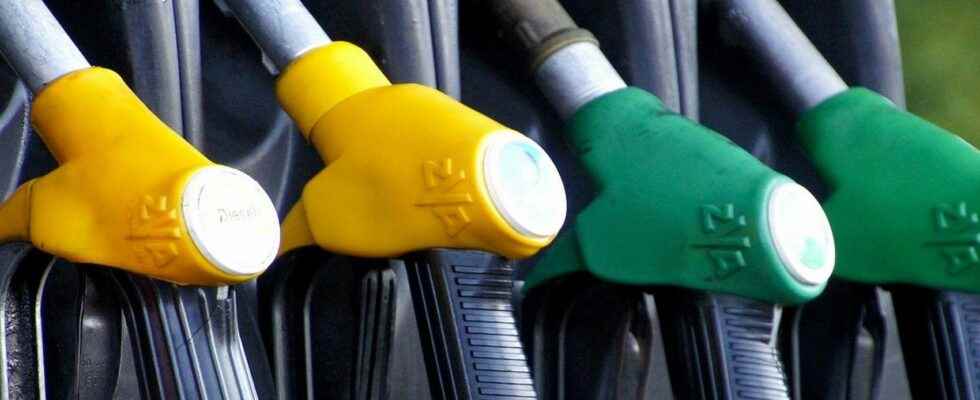A “Flex” vehicle Fuel » (or VCM for Flexible Fuel Vehicle) is a flex-fuel vehicle, i.e. a vehicle with fuel alternative with a internal combustion engine designed to operate with two or three types of fuel, which can be stored indifferently in the same common tank. They are to be distinguished from hybrid vehicles where the sources ofenergy are contained in different tanks.
How does Flex fuel work?
Modern flex fuel engines are capable of burning any proportion of the resulting mixture in the combustion chamber because fuel injection and ignition are adjusted automatically based on the actual mixture sensed by a sensor fuel composition. Flex-fuel vehicles are distinguished from bi-fuel vehicles where two fuels are stored in separate tanks and the engine runs on one fuel at a time, for example natural gas compressed gas (CNG), gas oilliquefied (LPG) Where hydrogen .
The vehicles flex fuelsare designed to run on gasoline or gasoline-ethanol blends up to 85% ethanol. Except for a few changes to the engine and combustion system, they are identical to gasoline-only vehicles.
Are Flex fuel vehicles more efficient?
Flex fuel vehicles experience no performance loss when running onE85 , and some even generate more spin and power than gasoline. However, since ethanol contains less energy per volume than gasoline, gasoline-powered vehicles have lower fuel efficiency when running on E85.
How to spot a Flex fuel vehicle?
Most manufacturers have started installing plugs fuel yellow to flex-fuel vehicles. Some capless tanks have a yellow ring around the tank inlet. In other cases, some Flex fuel vehicles have labels on the fuel door indicating the type of fuel used. Finally, your vehicle manufacturer’s manual has specific information on the type of fuel used that should be referred to.
You will also be interested
[EN VIDÉO] Interview 1/5: biofuels, green energy of tomorrow? Biofuels, produced from biomass, aim to replace fuels from fossil fuels such as oil. Jean-Luc Wingert, consulting engineer in energy and environment, explains to us during this interview what are the challenges of producing the fuel of tomorrow.
Interested in what you just read?
